Jhalokathi, Nov 22 (V7N) – A major riverbank protection project under the Bangladesh Water Development Board (BWDB) in Jhalokathi has come under serious scrutiny following allegations of large-scale irregularities, substandard materials, and corruption. The project, covering more than 13 kilometres of the Sugandha River, has been accused of using low-quality sand, blocks made with reduced cement proportions, and underweight geo-bags—raising concerns about both safety and financial transparency.
According to field officials, one Sub-Assistant Engineer (SO) has already been withdrawn from the project amid the allegations. Despite slow progress and incomplete work, bills amounting to Tk 100 crore have reportedly been paid.
The project, approved in an ECNEC meeting, is titled the Jhalokathi Sugandha Riverbank Protection Project and has an estimated cost of Tk 680.36 crore. The construction began in January this year and is scheduled to be completed by June 2027. The project includes 13.215 km of riverbank protection work across Jhalokathi Sadar and Nalchity upazilas, divided into 34 work packages. However, only 17 packages have begun work so far, while the remaining packages remain untouched.
Work Assistant Pankaj Kumar Sarker stated that although the standard requirement is to use 1.50 FM sand, the contractors were using lower-quality sand measuring only 1.37 FM. He reported that contractor firms MVB and MTI (a joint venture) attempted to produce blocks using this substandard sand, which resulted in the taskforce rejecting the materials. He also confirmed that SO Tanvir Shahriar, responsible for one of the packages, has been withdrawn due to irregularities.
Residents of the erosion-prone Char Bhatarakanda area say the most vulnerable river points are being neglected. Local resident Jamal Hossain alleged that geo-bags are not being dumped at critical river depths, and the bags that are used contain inadequate amounts of sand. The taskforce previously rejected around 400 geo-bags for this reason.
BWDB Executive Engineer Niloy Pasha attributed part of the problem to staffing shortages, saying limited manpower prevents regular monitoring at all work sites.
Project Director Partha Pratim Saha said he became aware of the allegations through the media. He assured that the matter would be investigated after discussing it with the Executive Engineer.
END/AIJ/SMA/



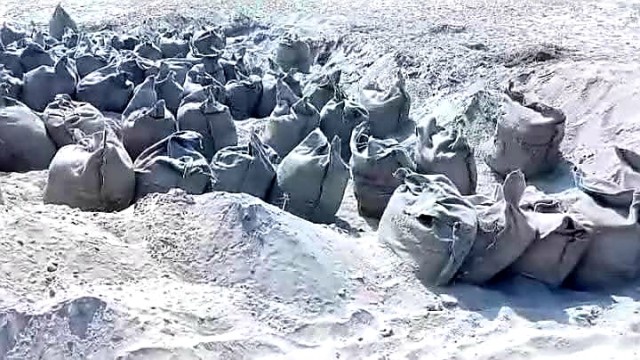
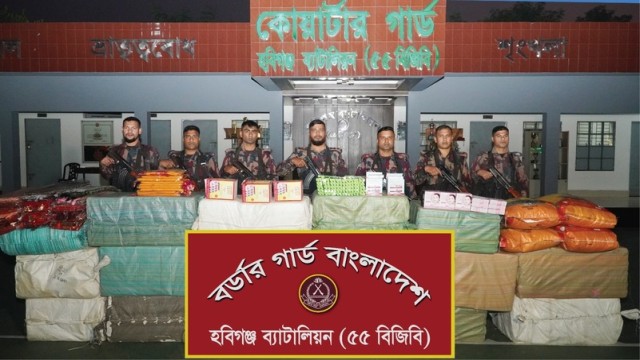
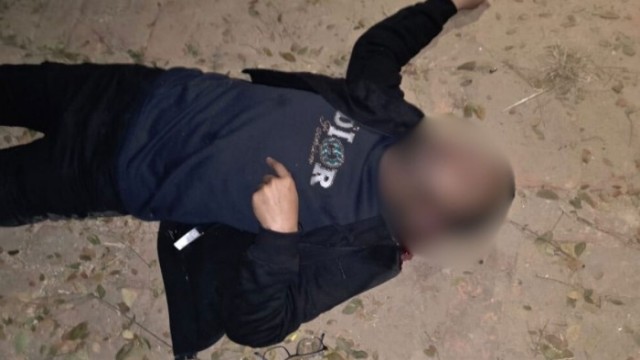
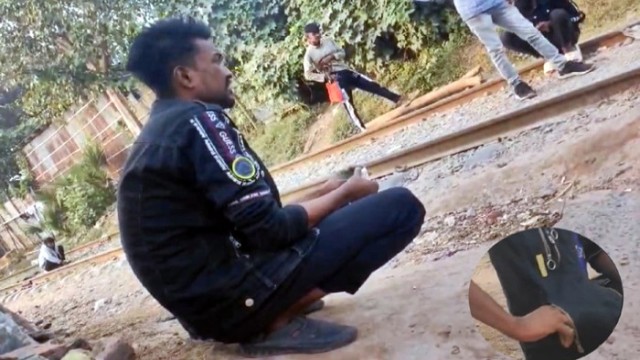
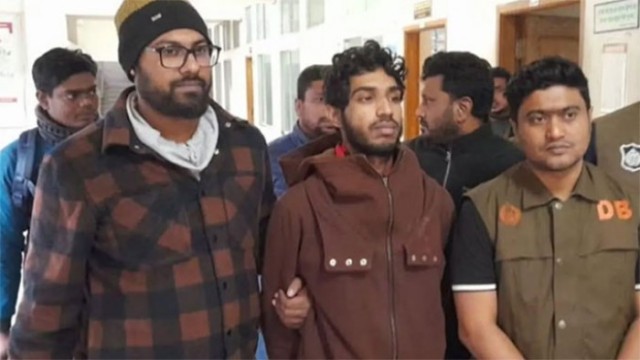
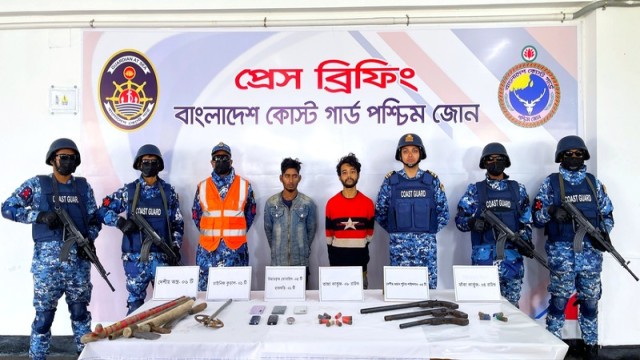
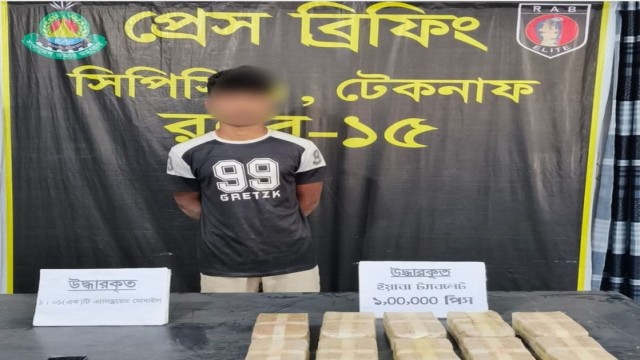
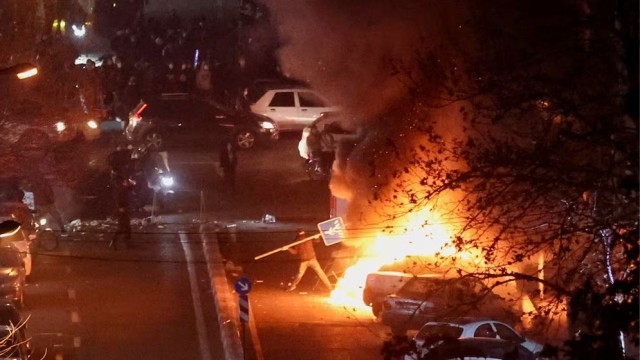
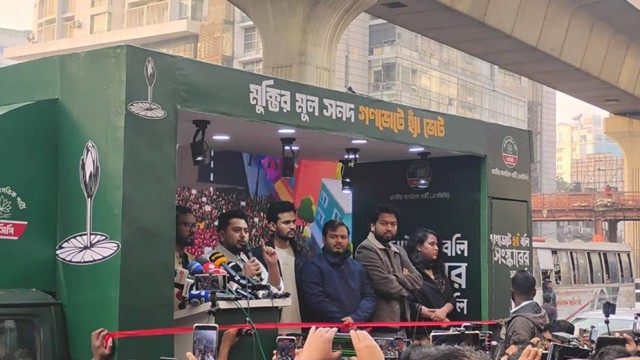


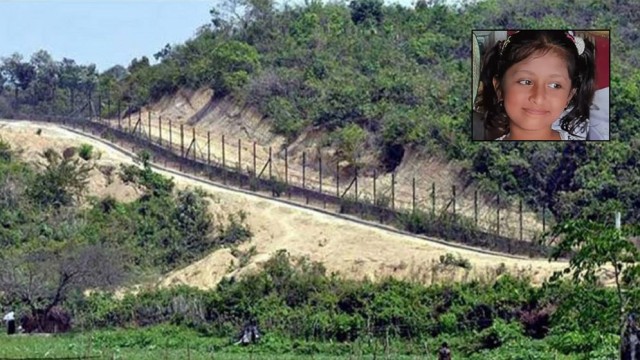



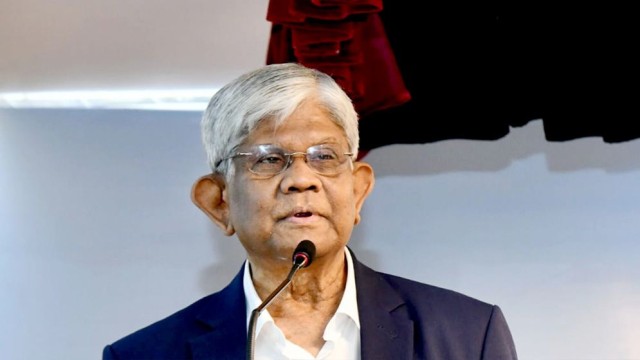
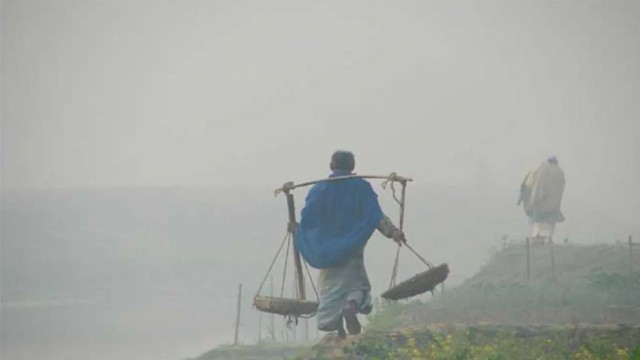


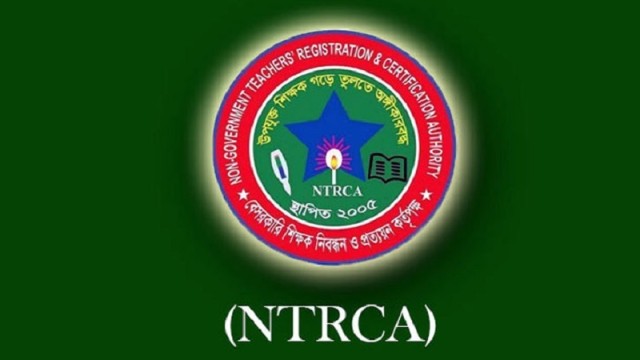
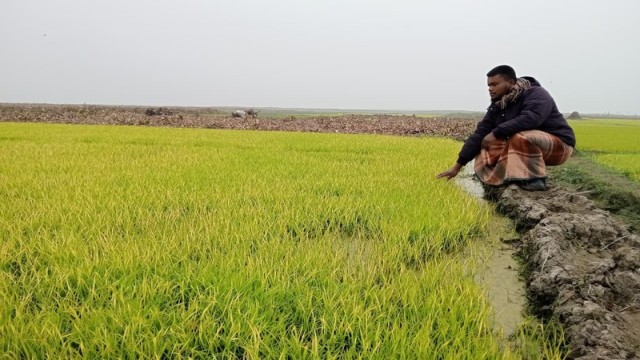
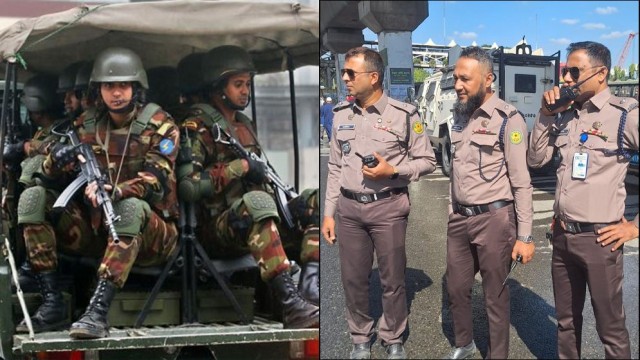
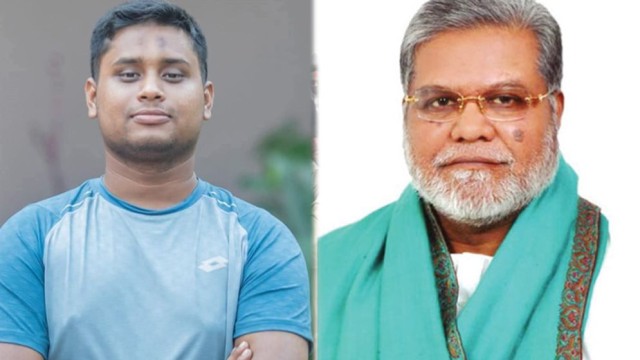
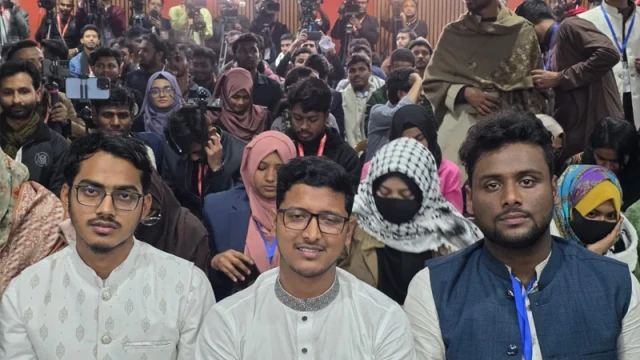


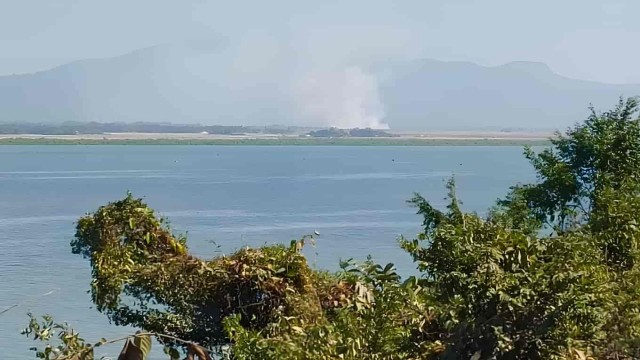

Comment: